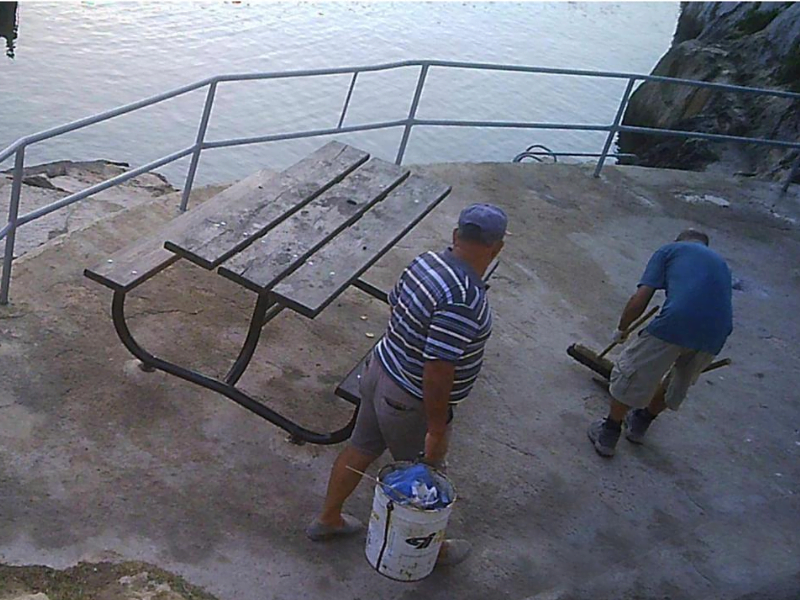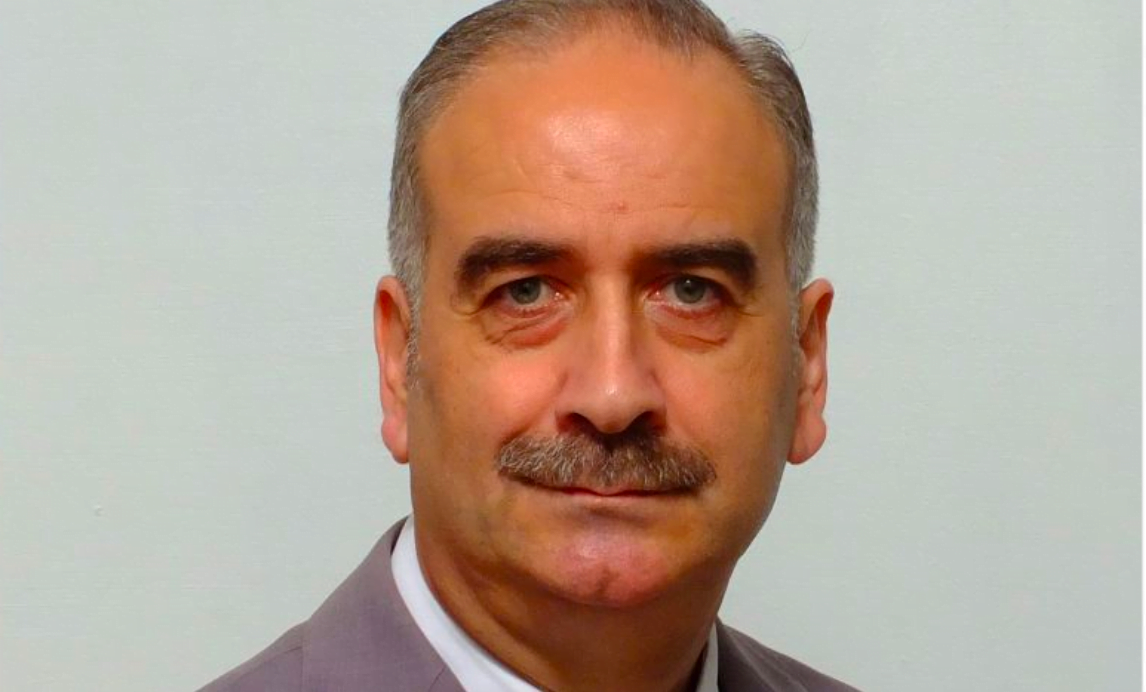-
The GWU was meant to run the government scheme funded by taxpayers as a nonprofit foundation. Instead, it created a company and subcontracted the project to itself for a profit.
-
The company created has a minority shareholding by another company, owned by Konrad Mizzi’s choice lawyer Aron Mifsud Bonnici and GWU accountant Robert Borg.
-
“Administrative expenses” in the latest accounts filed at the Malta Business Registry amount to over €1.2 million in 2018.
-
Between 2017 and 2018, when the last accounts were filed, the “directors’ remuneration” increased from €16,714 to €46,600.
-
Another €32,400 – up from €7,089 in 2017 – was paid to “other board members”.
-
GWU President Victor Carachi has refused to answer questions. Meanwhile, taxpayers fork out €1,220 per month per worker.
A jobless work scheme meant to be run by a nonprofit foundation set up by the General Workers Union (GWU) was then subcontracted to separate profit-making companies, one of which is co-owned by lawyer Aron Mifsud Bonnici.
Appointed by government agency Jobsplus to run the scheme on concession, the GWU’s nonprofit foundation subcontracted the job to District Operations Limited, which operates for-profit and is majority-owned by the GWU.
The minority shareholder in District Operations is another company called District One Limited, which is owned by Robert Borg and Mifsud Bonnici, who has served disgraced former Minister Konrad Mizzi as his personal lawyer and as board secretary in numerous entities that fell within Mizzi’s ministerial portfolio.
Four months ago, The Shift named Mifsud Bonnici as the “advisor” who had travelled with Mizzi to Montenegro during discussions on a shady wind farm project whose outing led to Mizzi’s expulsion from Labour’s parliamentary group.

The government’s ‘advisor’ accompanying former Energy Minister Konrad Mizzi to Montenegro was none other than his personal lawyer, Aron Mifsud Bonnici.
Borg has been described in media reports as an accountant and GWU financial controller or consultant and was also reportedly involved in the preparation of an evaluation report on the hospitals’ privatisation.
District Operations’ profits and “directors’ remuneration” have amounted to hundreds of thousands of euros in the past few years.
The National Audit Office (NAO), as well as an accountant separately consulted by The Shift, also drew attention to relatively large “administrative expenses” of hundreds of thousands of euros annually.
The Shift’s investigation into District Operations is part of a wider probe into a government programme for the unemployed called the Community Work Scheme (CWS).
The Shift earlier revealed that workers in Gozo have been recruited through the scheme who are not “severely disadvantaged persons” (unemployed or inactive for longer than two years) and may have been hired as “additional resources,” a category that the NAO, in a report issued a year ago, said remained undefined and is “conducive to a loophole”.
At least 37 workers have been hired in Gozo since January.

The department responsible for cleaning public areas accounted for the majority of CWS workers’ “deployments in Gozo.”
The GWU had won the Jobsplus concession to manage the scheme as the lowest cost bidder and signed a five-year concession agreement with Jobsplus on 4 January 2016.
The GWU set up the Community Work Scheme Enterprise Foundation (CWSEF) to manage the programme, which was then subcontracted to District Operations, which was set up on 28 January 2016. The third company, District One, was also registered on the same date.
Last year’s NAO report queried the subcontracting of the scheme’s operation to District Operations.
The NAO pointed out that, although Jobsplus had given written consent to the arrangement, the government agency “remains partially uninformed about the subcontracting arrangements”, since no contract between the Foundation (CWSEF) and District Operations was drawn up.
The GWU told the NAO that the Foundation remains responsible for all concession obligations to Jobsplus, and “the assignment of administrative responsibilities to a company within the GWU group was an internal decision.”
There is no mention of the third company, District One which is owned by Borg and Mifsud Bonnici, in the NAO report.
The NAO also pointed out that Jobsplus is “not reviewing the financial statements for any significant and unusual transactions”, and then drew attention, in particular, to “management charges”.
An accountant consulted by The Shift also raised questions about such unspecified charges, listed as “administrative expenses” in the latest accounts filed at the Malta Business Registry, and amounting to over €1.2 million in 2018.
The Shift wrote to GWU President Victor Carachi, a director of District Operations, to ask about these administrative expenses. The email remained unanswered, and an attempt to contact Carachi on the phone was unsuccessful.
District Operations has five directors. Besides Carachi, the others are Mifsud Bonnici and Borg, who are also shareholders in the second company that co-owns District Operations, as well as Kevin Camilleri, deputy secretary general of the GWU, and a “Joseph Bugeja” who appears to be GWU secretary general Josef Bugeja (when contacted, Bugeja did not answer questions on the phone or via email).

Aron Mifsud Bonnici.
Between 2017 and 2018, when the last accounts were filed, the “directors’ remuneration” increased from €16,714 to €46,600.
Another €32,400 – up from €7,089 in 2017 – was paid to “other board members.” Questions on these increases were also sent to Carachi.
District Operations’ profits, which amounted to €78,026 in 2017 and €39,203 in 2018, were paid as dividends to the shareholders – GWU Holdings, the majority shareholder, and District One, owned by Borg and Mifsud Bonnici.
The Community Work Scheme was originally designed as a vehicle to encourage the long term unemployed to seek productive work by giving them exposure in community work and augmenting their skills through training.
Yet, the only training the NAO found in its probe was on-the-job training relevant to their work, as well as a cleaning course that was held for all government-employed cleaners.
At least 920 workers are currently employed in the Community Work Scheme throughout Malta – while parliamentary questions show that their number in Gozo increased by 321 between June 2017 and April 2020, an average of 9 per month.
District Operations is paid €1,220 per month per worker, according to the NAO, and workers are paid an annual salary of some €12,000 including bonuses by District Operations.
The NAO report pointed out that there is no capping built into the scheme. The NAO, which analysed the programme as of the end of 2018 when the number of workers was less than it is now, said there is a risk “that the scheme becomes an end in itself, rather than the means to enable participants to improve their employability chances in more productive sectors.”













